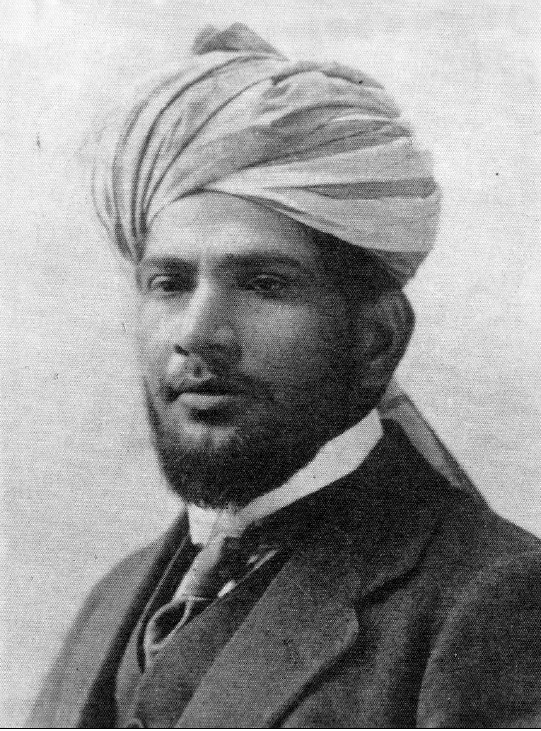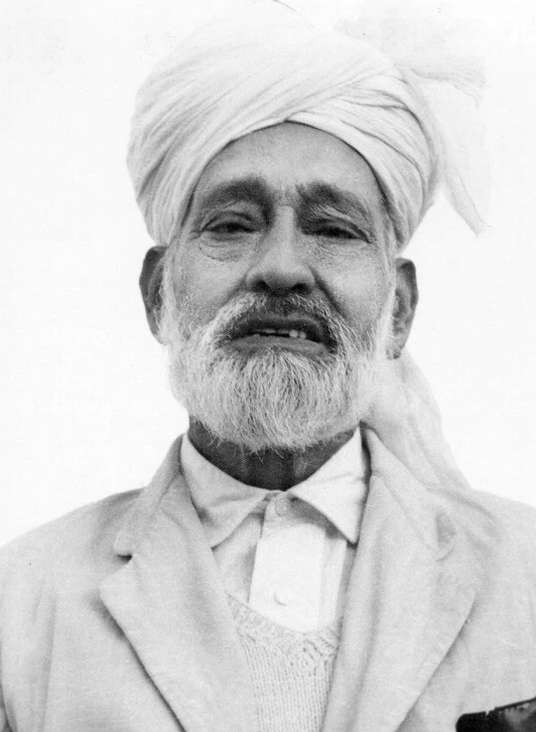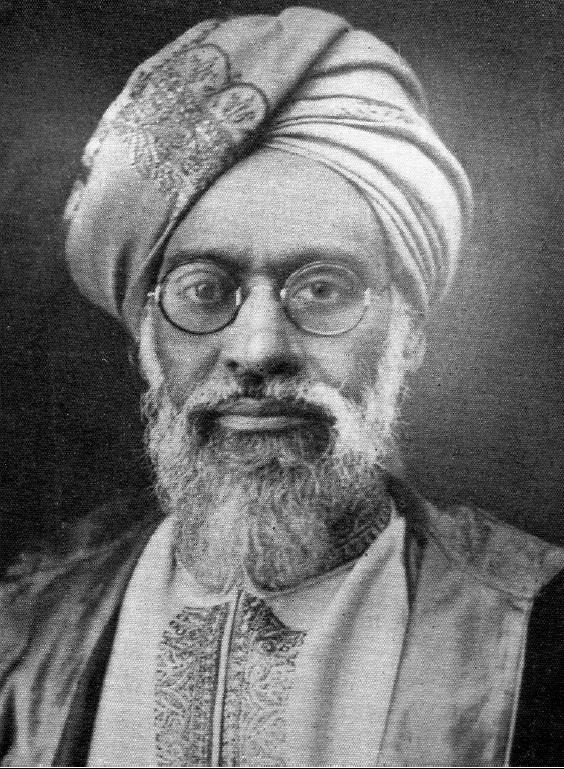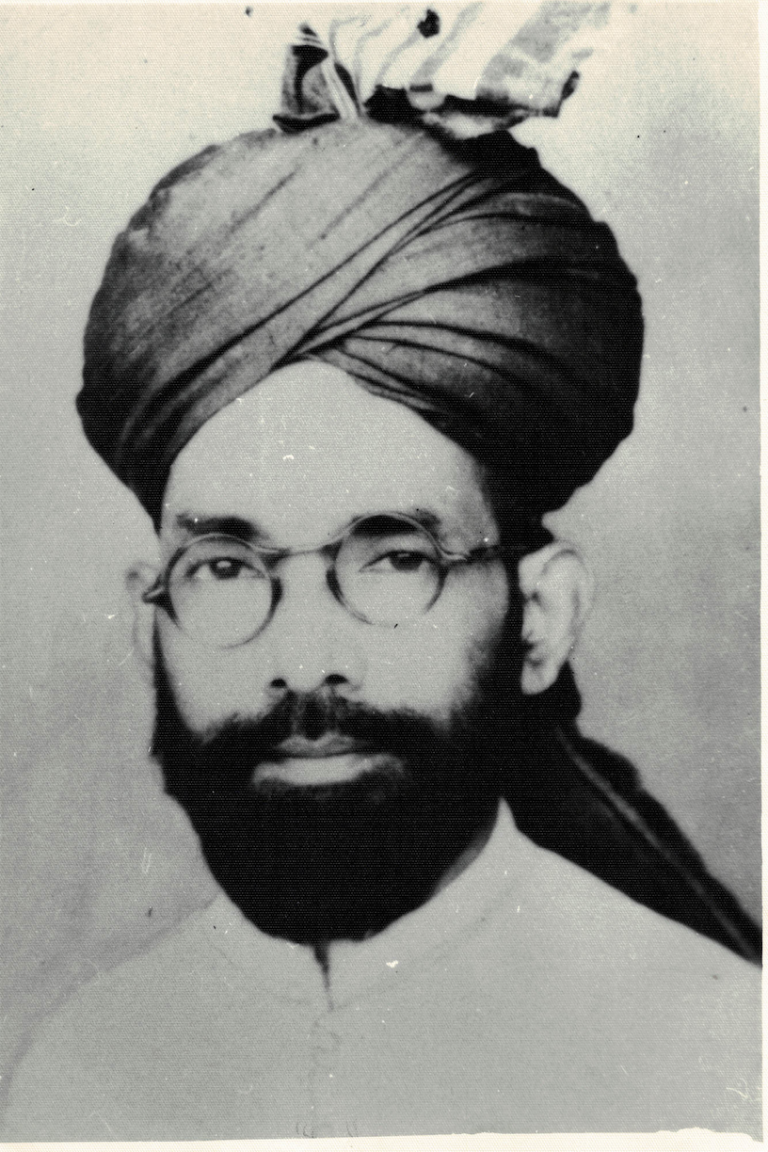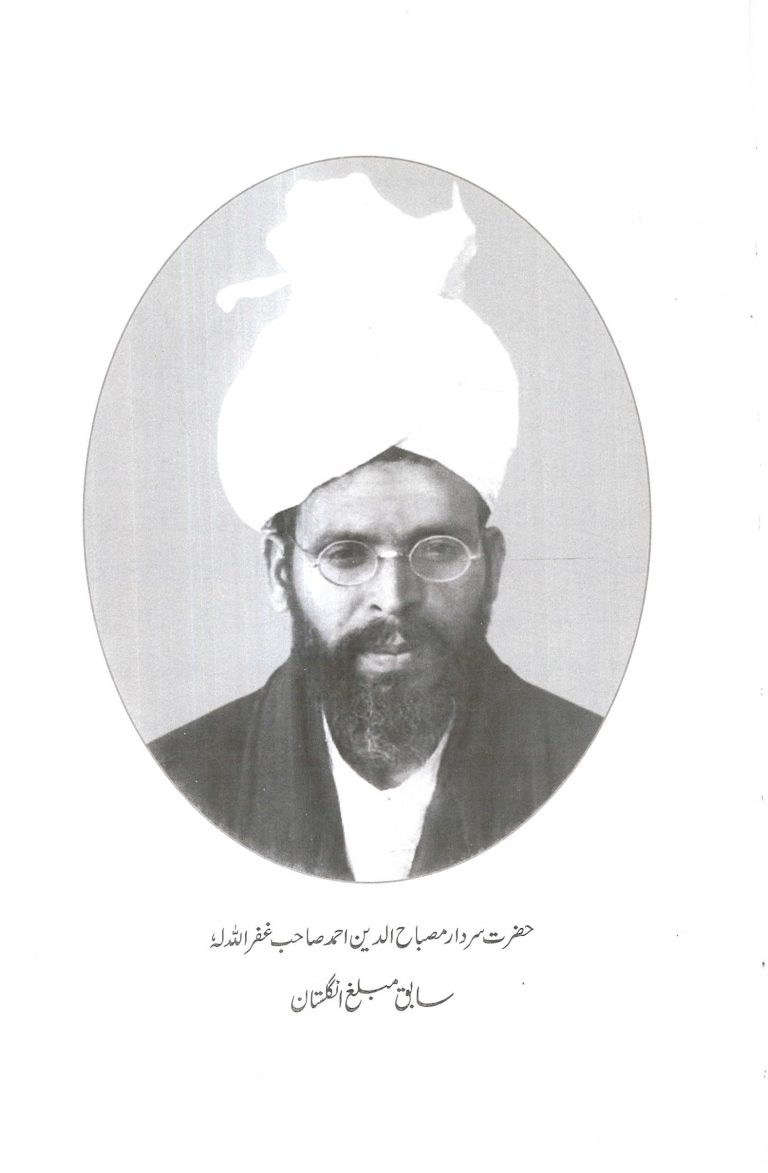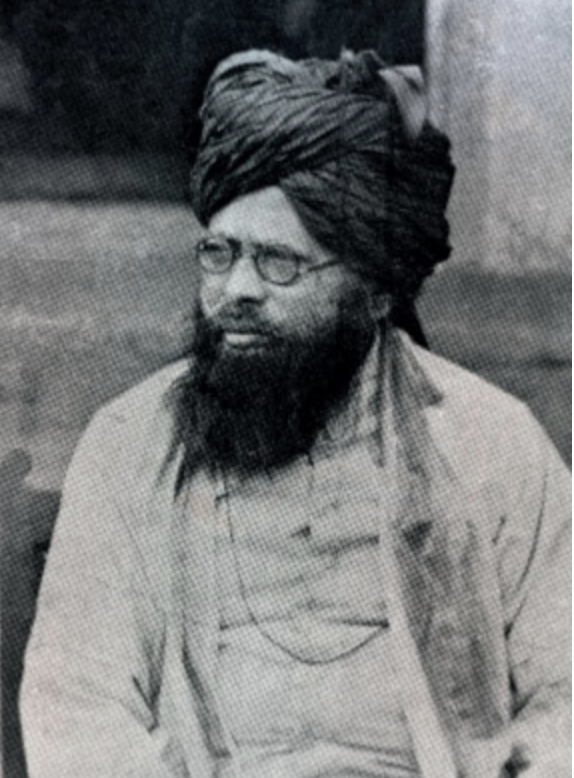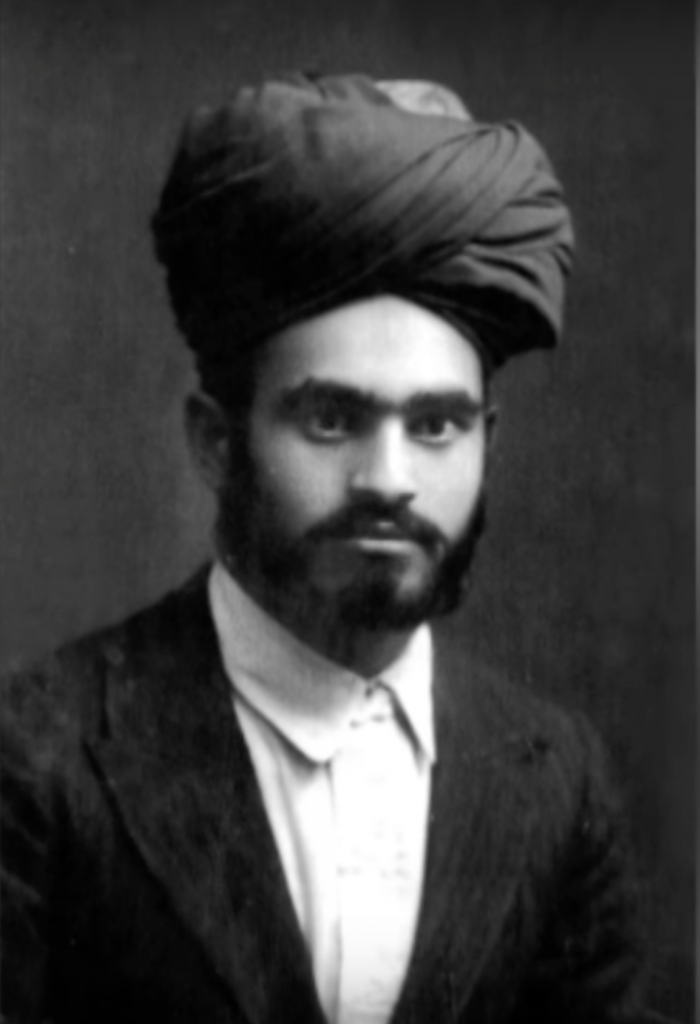
Maulana Jalaluddin Shams Sahibra was born to Hazrat Mian Imamuddin Sahib Sekhwanira on May 1, 1901, in Batala, district Gurdaspur.In accordance with prevailing customs, he received his primary education in his village, concurrently studying the Holy Quran.
In 1910, he gained admission to Madrassa-e-Ahmadiyya, where he pursued his studies. At the age of 20, he obtained his degree and embarked on a preaching mission to Damascus on June 27, 1925. Notably, he had the privilege of being among the early advocates of the Tahrik-e-Jadid movement, initiated by the second caliph.
Hazrat Maulana Shams Sahib Sekhwani devoted a significant chapter of his life to serving in England from February 1936 to August 1946. During his tenure, he made notable contributions in various fields, including religion, academia, practical affairs, politics, social engagement, and education. His presence in England played a pivotal role in introducing Islam to the English population.
As the Imam of Fazl Mosque, he delivered impactful lectures and speeches on a wide range of subjects, earning recognition and media coverage. Additionally, he engaged in correspondence with world leaders, including those from Yugoslavia, and participated in a renowned debate at Hyde Park Corner, which garnered significant attention in the media. Furthermore, Hazrat Maulana Shams Sahib authored two notable books during this period. The first book, titled “Where did Jesus Die?”, explored the topic with scholarly depth and insight. The second book, “Alislam,” provided a comprehensive understanding of Islam and its teachings.
Under his guidance, the translation of the Holy Quran into multiple languages, such as Dutch, Russian, Italian, French, Polish, and Spanish, was accomplished, allowing for a broader dissemination of Islamic teachings. Moreover, Hazrat Maulana Shams Sahib played a crucial role in training missionaries, equipping them with the necessary knowledge and skills to spread the message of Islam. These missionaries were subsequently sent to various countries to carry out missionary work. The exemplary efforts of Hazrat Maulana Shams Sahib, along with other esteemed members of the Jamaat, highlight their unwavering dedication, courage, and sacrifices in the service of Islam during this period of significant significance. Hazrat Mirza Bashiruddin Mahmud Ahmad Khalidatul Masih IIra bestowed upon him the esteemed title of “Khalid-e-Ahmadiyyat,” recognizing his unwavering dedication to the cause of Ahmadiyyat.
Hayat-e-Shams (Urdu) Chapter Tenure in England Page 265
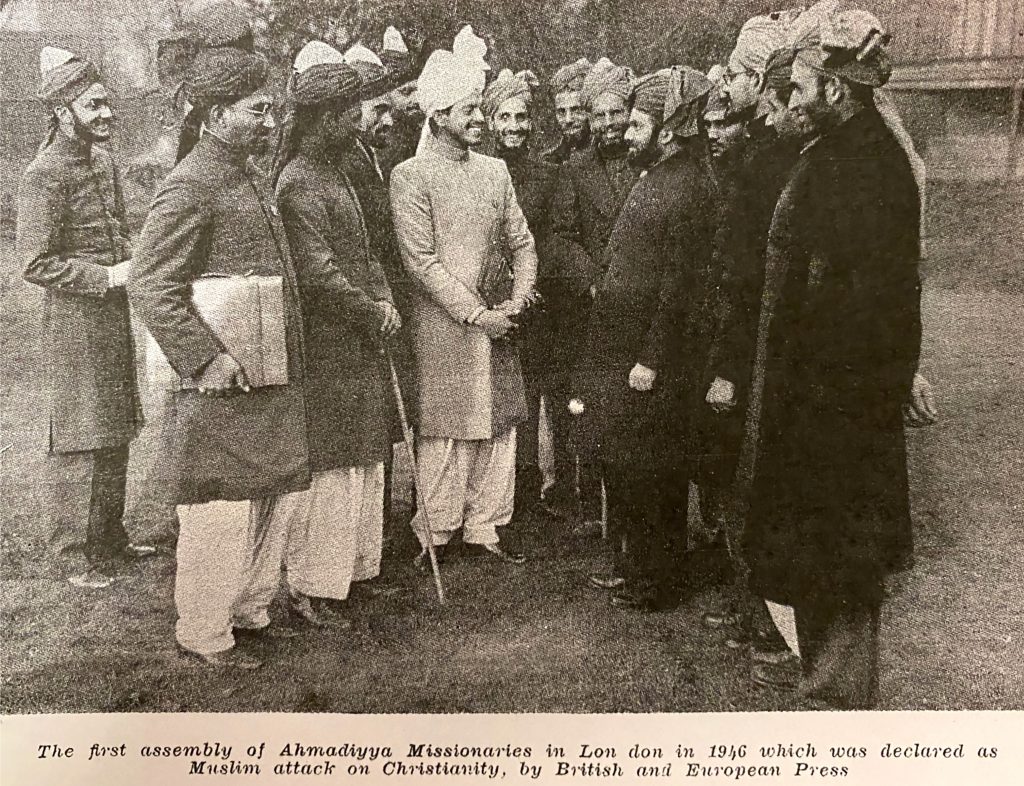
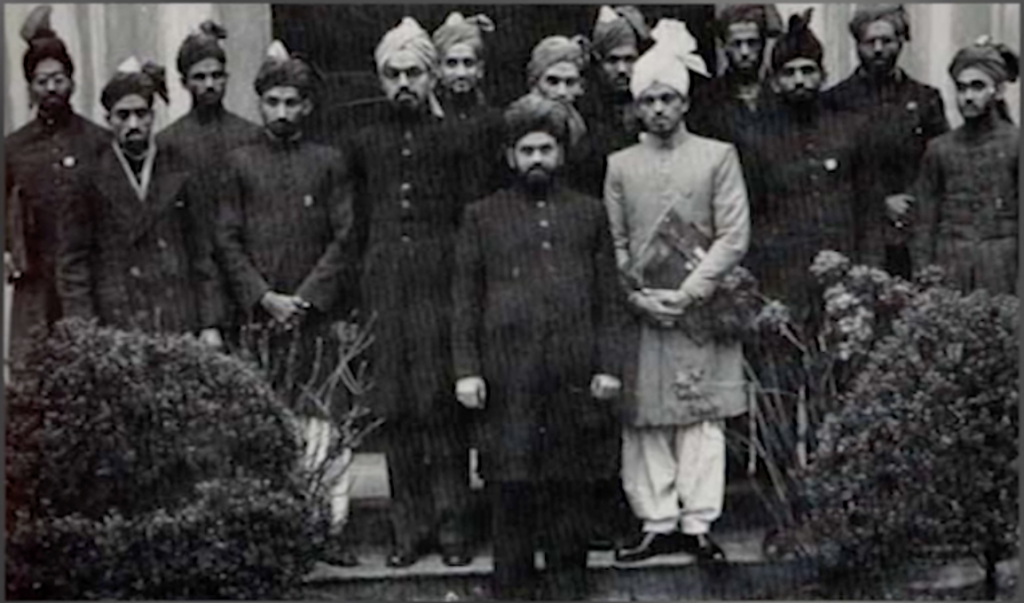
On the evening of October 13, 1966, Hazrat Maulvi Jalaluddin Sahib Shams passed away in Sargodha due to cardiac arrest. In response to his demise, Hazrat Khalifatul Masih SaniRA expressed in the Friday sermon:
“Our esteemed elder, our beloved brother, our dear friend, Maulvi Jalaluddin Sahib Shams has departed from us. He lived his life in pursuit of that which is pleasing to God Almighty, and I firmly believe that after his passing, he has attained the eternal pleasure of the Almighty. Following his departure, God Almighty will raise individuals who possess the same sincerity, devotion, and enlightened knowledge as Maulvi Jalaluddin Sahib Shams. Such individuals will continue to serve just as he served, as this is how God has always blessed us.”

